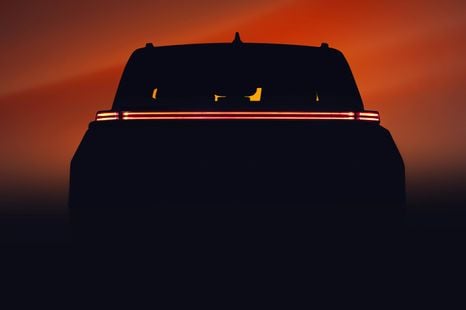

Damion Smy
Toyota Highlander three-row electric SUV previewed, but no Kluger EV for Australia
22 Minutes Ago
The Labor Party dives back into EV advocacy, says it will remove tariffs and fringe-benefits taxes on mainstream models and thereby cut the prices by as much as $9000.

Senior Contributor
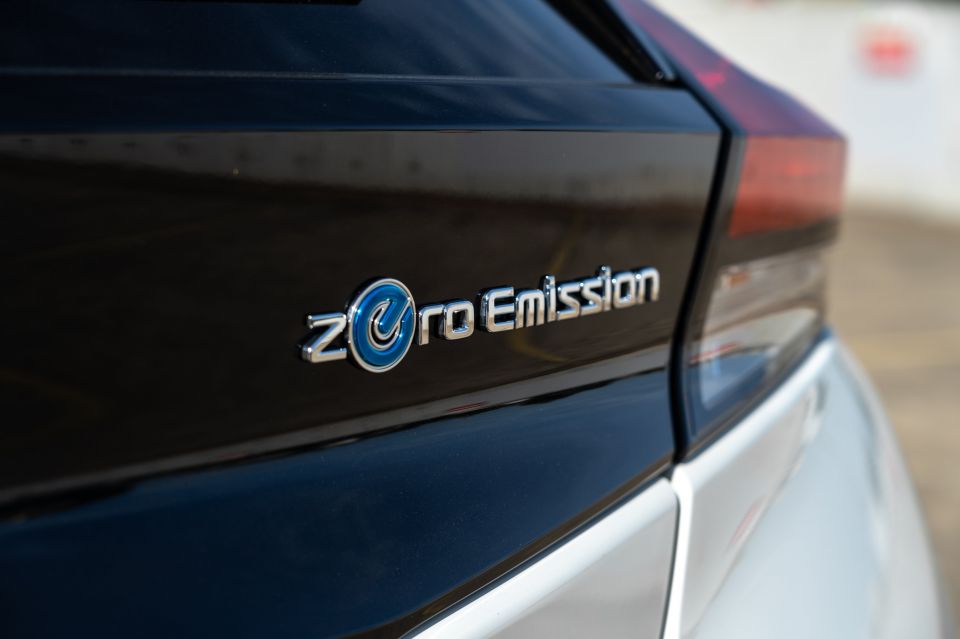

Senior Contributor
Australia’s federal opposition has proposed a series of policies designed to cut the price of mainstream electric vehicles (EVs), with particular emphasis on making them more attractive to business owners and fleet operators.
The Australian Labor Party (ALP) announcement has unsurprisingly drawn positive responses from the car industry and EV industry peak bodies, which have expressed frustration at the lack of cohesive national EV policies.
Take-up of EVs in Australia is lower than most countries with similar socioeconomic breakdowns, though it’s growing. Therefore there’s less competition and choice for prospective buyers, since car brands would rather send factory supply to countries where EV demand is high.
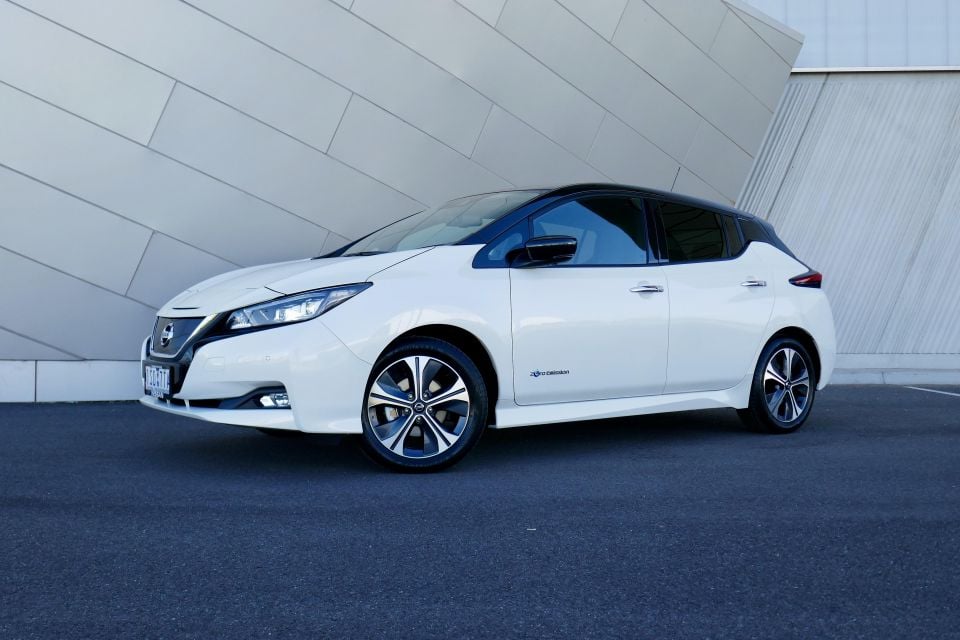
In brief:
EVs had about 0.7 per cent market share here last year (it’s hard to know for sure as market leader Tesla refuses to disclose sales figures). By contrast EVs claimed about 60 per cent share in Norway, 10 per cent in Germany, and 4.0 per cent in China.
The UK will ban sales of non-electrified cars by 2030 as part of a “green industrial revolution”. California will do likewise from 2035.
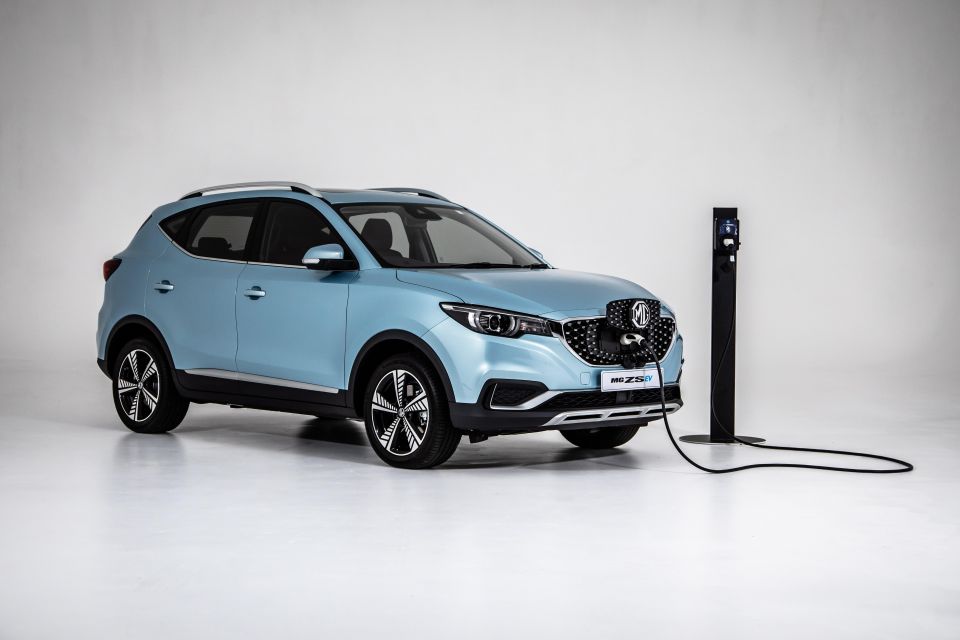
“We know that there are no auto manufacturers that are currently looking at new internal combustion engine vehicles. We know that this will occur across passenger vehicles, commercial vehicles, it is happening with buses, it is about the future. And we know that Australia is falling behind,” said ALP leader and federal opposition leader Anthony Albanese today.
If victorious at the next federal election, the Labor Party (ALP) says it would give companies or business buyers looking to transition their fleets a fringe-benefits tax break, similar to the exemption currently available on utes or other work-related vehicle types.
This FBT cut would apply to vehicles that fit below the circa-$77,000 luxury car tax threshold – a proposal the ALP claims it made after consulting with industry bodies such as the Electric Vehicle Council. The ALP claims that such a move would cut the business fleet-purchase price of a $50,000 Nissan Leaf by up to $8700 per car.
MORE: Australia’s fleet managers explain their low EV take-up
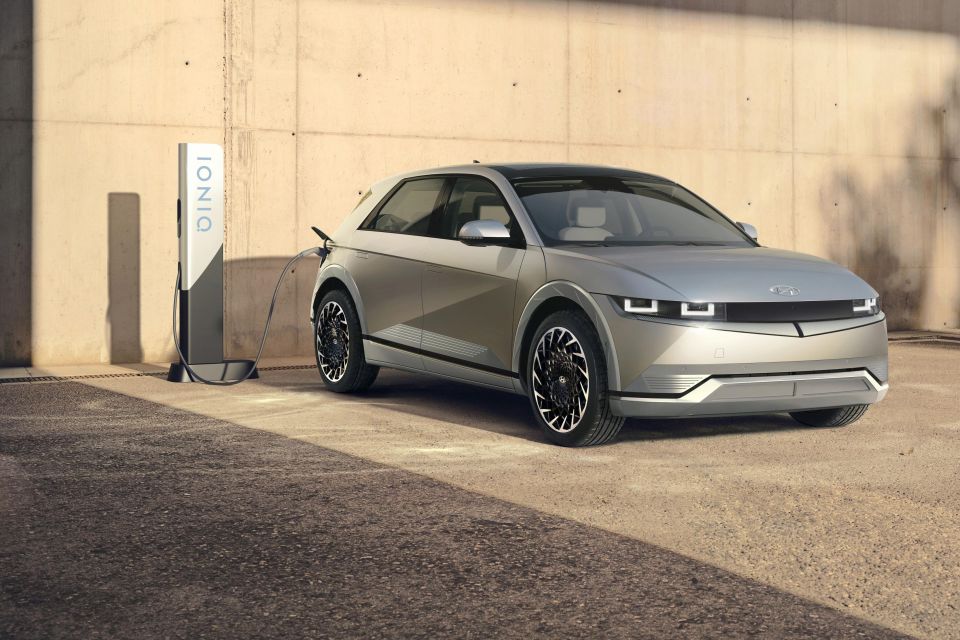
The party says it would also axe tariffs on imported EVs sourced from countries with which Australia doesn’t have an extant free-trade agreement, cutting the private-buyer price of that same Nissan Leaf by around $2000 per car. That’s rather less headline-raising…
There was no mention today of Europe-style direct government subsidies, or government-backed fast-charging infrastructure.
“We know that under [Prime Minister] Scott Morrison, Australia is last in the queue when it comes to EVs,” contends the ALP’s Shadow Minister for Climate Change and Energy Chris Bowen.
“There’s a revolution going on around the world. And under Scott Morrison we are bystanders. We are not participating in that revolution. Of the million car sales last year, just 7000 were electric vehicles, an appalling result for Australia and for Australians.”
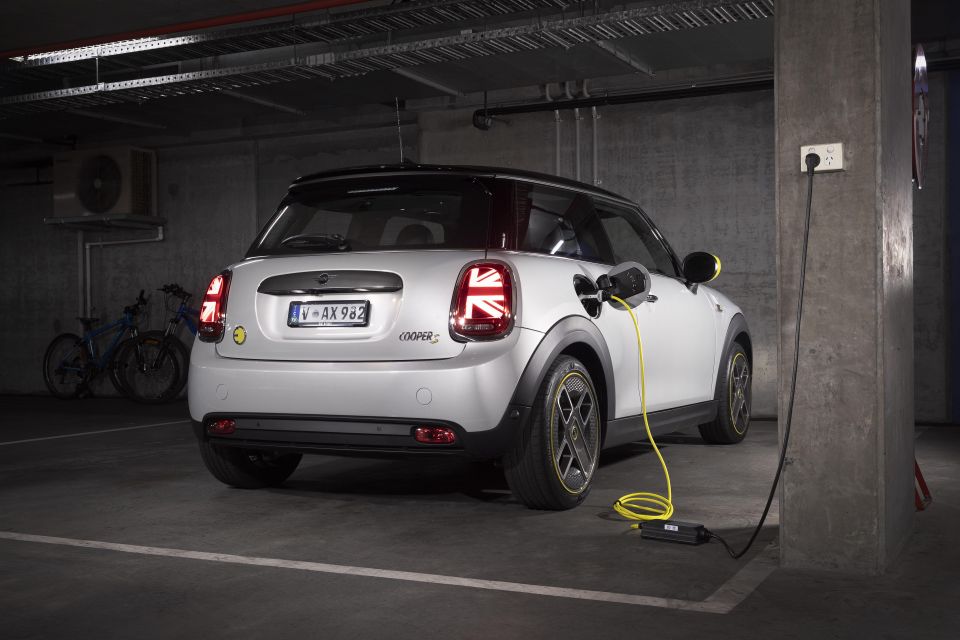
The policies announced today are the first time the federal ALP has waded into the contentious waters of EV incentives since it announced a wide-ranging policy to have 50 per cent of all new light vehicles be EV by 2030.
This 2019 policy failed to win over the electorate, with the Coalition Prime Minister Scott Morrison replying at the time that the ALP policy would “end the weekend” by forcing off-road enthusiasts to buy EVs that may not meet their needs.
There’s an irony here too, in that while the federal ALP is gung-ho about supporting EVs, the Victorian State ALP has proposed a controversial EV user tax of 2.5 cents per kilometre to offset the lack of fuel levy revenue from EV owners.
MORE: Australia needs national EV policies, not piecemeal state ones
The other plank in the ALP’s proposed policy is to part fund 400 community batteries around the country at a cost of $200 million, to support 100,000 households by storing solar energy generated in the daytime for uses (like charging EVs) in the evening.
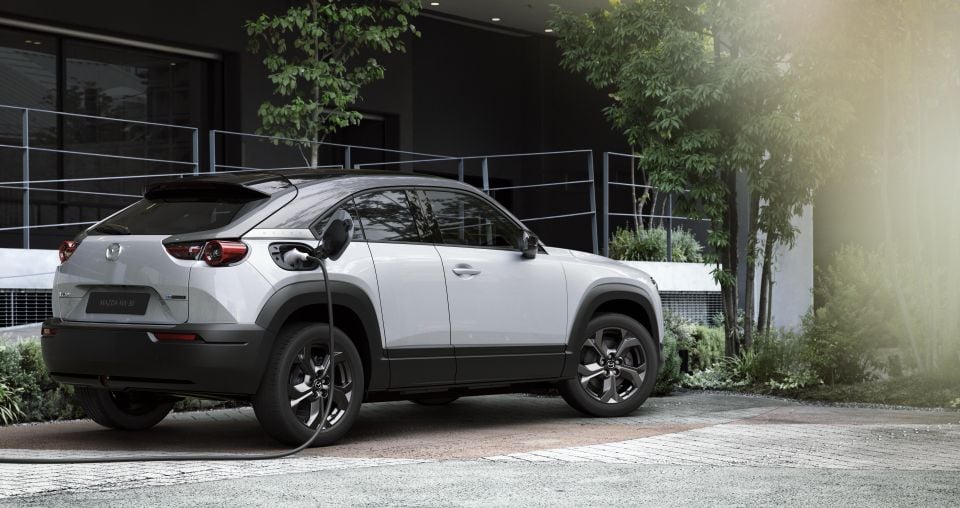
“Our 1 in 5 solar households is world-leading. But without battery storage, solar households are still reliant on the grid when the sun isn’t shining. Only 1 in 60 households have battery storage, because the upfront costs are still just too high,” said an ALP statement on the issue.
“Those who care about grid reliability know that we have to get many more batteries. Now, there’s a role for batteries of the household, there’s a role for grid-wide batteries like the one in South Australia. But more and more, there’s a role for community batteries,” Bowen added.
Advocates and the Australian car industry have responded to the ALP’s proposals.
EV Council head Behyad Jafari says Australia has “for too long being a global laggard in the take-up of electric vehicles, which is a real shame, because for years we’ve heard from Australians that they would like their next car to be an electric vehicle”.
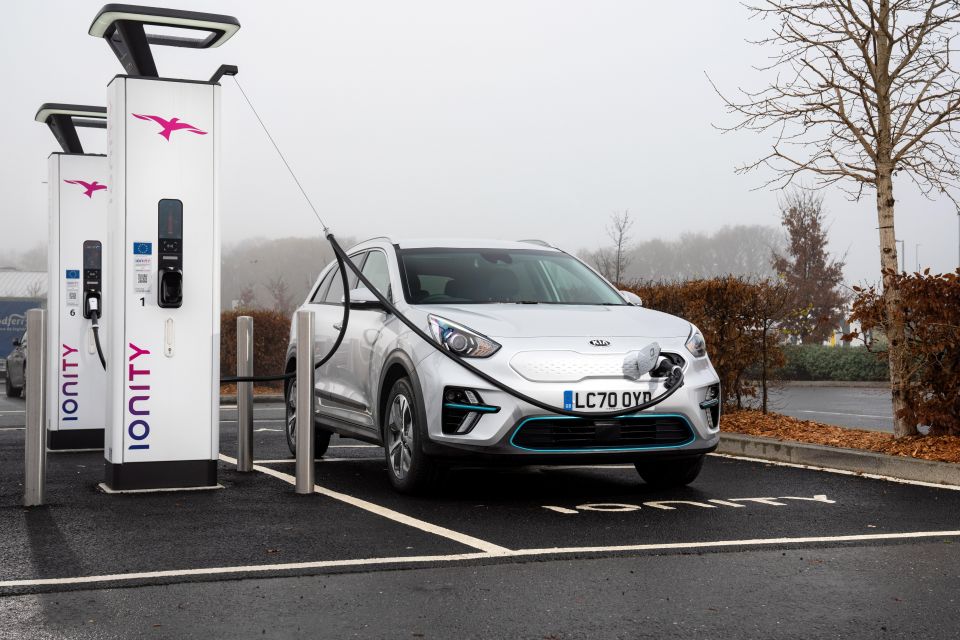
“So coming up with smart plans that look at a few of the taxes that apply to the sale of a new car, removing them from electric vehicles, will make them not only more affordable for customers to buy them and for companies to buy them, but really importantly, from an industry perspective, will let us invest more.”
Australia’s peak automotive body, the Federal Chamber of Automotive Industries (FCAI) largely echoed these sentiments.
“It is refreshing that we can now start to have meaningful discussion about increasing the number of low emission vehicles on our roads and the subsequent improvement to our national environmental performance, customer choice and communities through this technology,” FCAI Chief Executive Tony Weber said.
“Australia is lagging the rest of the world when it comes to a long-term vision for the continued penetration of low emission vehicles. The automotive sector has seen around the world that strong signals around targets, good infrastructure policy and incentives from national governments contribute to positive outcomes on low emission vehicle introduction.
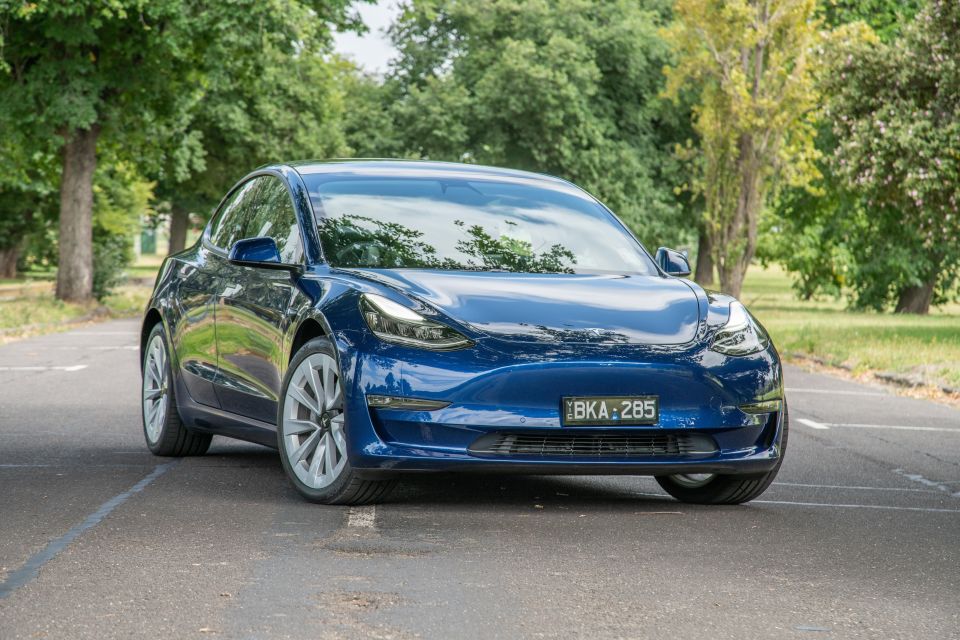
“The ALP announcement gets the topic back onto the policy agenda and that is critical right now. Positive signals like this can encourage global car brands to increase the choice of low emission vehicles available in our market which in turn increases the adoption of electrified vehicles available to customers.
“We will be pleased to work alongside any government in their efforts to introduce positive policy directions for the increase of the best technology vehicles that are available to Australians.”
Mr Weber added that “in the absence of direction and targets” from the Federal Government, the FCAI and its members introduced its own ‘Voluntary CO2 Emissions Standard’ targets for 2030 and reported for the first time last week.
MORE: All EV-related stories


Damion Smy
22 Minutes Ago
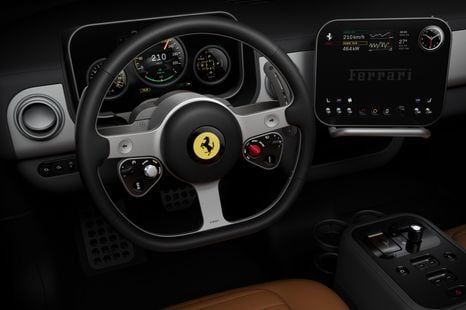

William Stopford
28 Minutes Ago
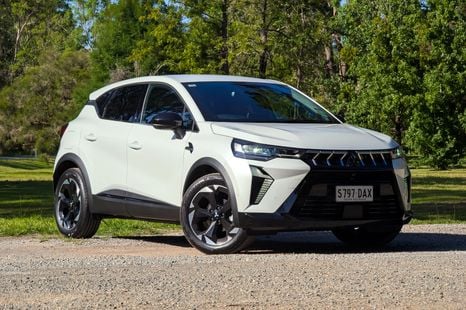

William Stopford
35 Minutes Ago
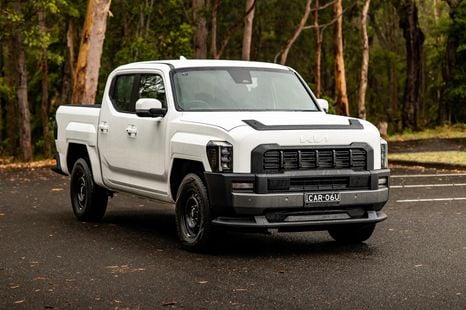

Damion Smy
2 Hours Ago
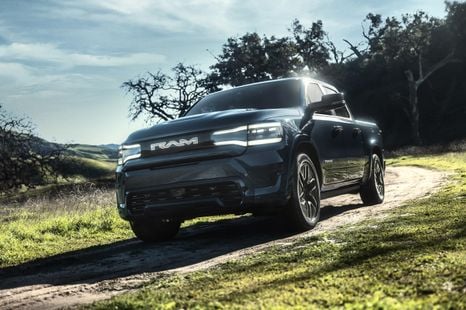

Derek Fung
6 Hours Ago
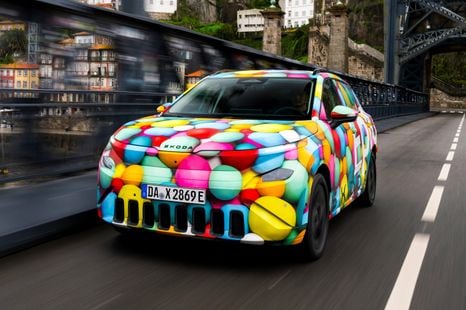

Dave Humphreys
18 Hours Ago
Add CarExpert as a Preferred Source on Google so your search results prioritise writing by actual experts, not AI.